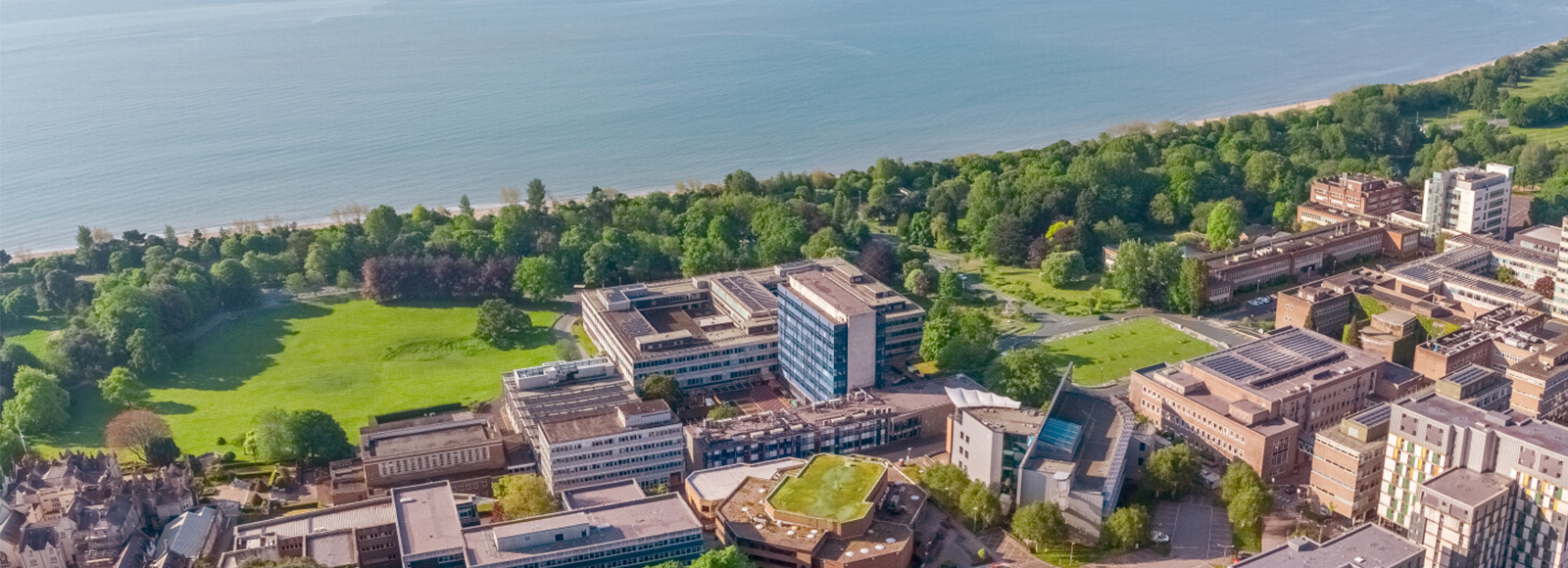- ...
Masters Compare - Find your perfect masters course.


Closing date: 2 October 2024
Funding provider(s): EPSRC DTP
Subject area(s): Molecular beams, Surface science, Quantum-state resolved collisions
Project start date(s):
Supervisors: Dr Helen Chadwick and Prof. Gil Alexandrowicz
Aligned programme of study: PhD in Chemistry
Mode of study: Full-time
Project description:
Hydrogen is the most abundant molecule in the universe, and its interaction with surfaces plays a key role in a huge range of processes, from star formation to the safe storage of rocket fuel, to industrial catalysis and green energy production. The aim of this PhD project is to study hydrogen colliding with surfaces at a fundamental molecular level to gain unprecedented insight into the role that rotations play in gas-surface collisions.
The Surface Dynamics team, which includes researchers with both physics and chemistry backgrounds, has developed a Magnetic Molecular Interferometer (MMI) apparatus which can be used to control and manipulate the rotational orientation projection states of hydrogen molecules, which can classically be considered to correspond to whether the molecules are preferentially rotating like a helicopter or a cartwheel before they collide with the surface. The PhD project, which forms part of a Future Leaders Fellowship project (MR/X03609X/1), will explore whether changing the rotational orientation projection state of the H2 molecule affects the probability that energy is transferred between the molecule and the surface as well as the reactivity of the H2 with the surface.
This project will involve using and further developing both the experimental and data analysis methods that are currently used within the research team. The student will learn how to use the MMI apparatus, gaining knowledge of, for example, molecular and atomic beams, ultra-high vacuum systems, cryogenic technologies and a range of measurement and surface science techniques. They will also analyse the experimental data, developing techniques to extract information about the rotational orientation dependence of the gas-surface reaction, as well as performing numerical simulations to determine how best to perform the measurements to maximise the information that can be obtained.
For more details please see here: https://www.swansea.ac.uk/postgraduate/scholarships/research/chemistry-epsrc-phd-surface-reactivity-rs682.php
Please note that you may need to provide evidence of your English Language proficiency.
If you have any questions regarding your academic or fee eligibility based on the above, please email [email protected] with the web-link to the scholarship(s) you are interested in.
This scholarship covers the full cost of UK tuition fees and an annual stipend at £19,237.
Additional research expenses of up to £1,000 per year will also be available.
To apply, please complete your application online with the following information:
*It is the responsibility of the applicant to list the above information accurately when applying, please note that applications received without the above information listed will not be considered for the scholarship award.
One application is required per individual Swansea University led research scholarship award; applications cannot be considered listing multiple Swansea University led research scholarship awards.
As part of your online application, you MUST upload the following documents (please do not send these via email). We strongly advise you to provide the listed supporting documents by the advertised closing date, where possible:
Informal enquiries are welcome; please contact Dr Helen Chadwick ([email protected] / 01792 205678 ext. 1524)
*External Partner Application Data Sharing – Please note that as part of the scholarship application selection process, application data sharing may occur with external partners outside of the University, when joint/co- funding of a scholarship project is applicable.
Due to funding restrictions, this scholarship is open to applicants eligible to pay tuition fees at the UK rate only, as defined by UKCISA regulations.

Discover a range of postgraduate research funding opportunities at Swansea University Now more than ever, we recognise the importance of offering a ...